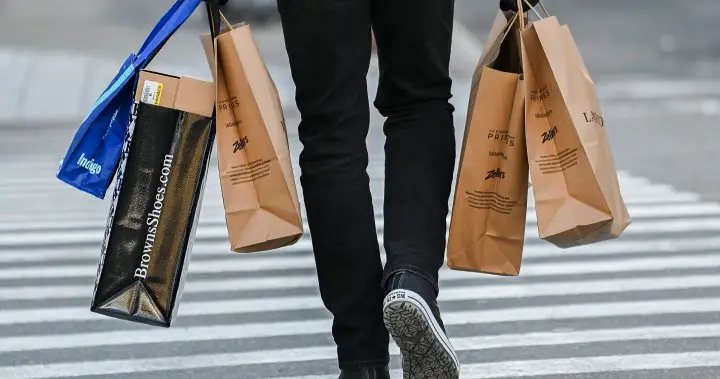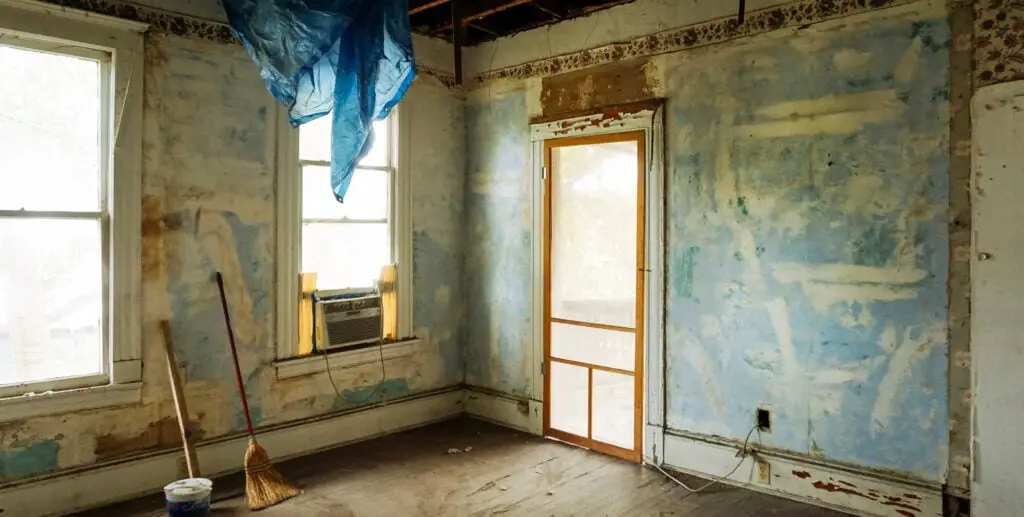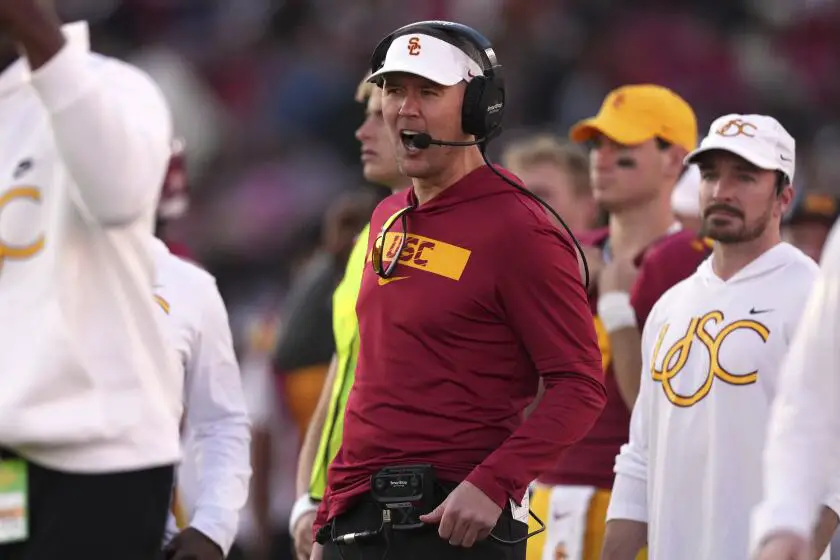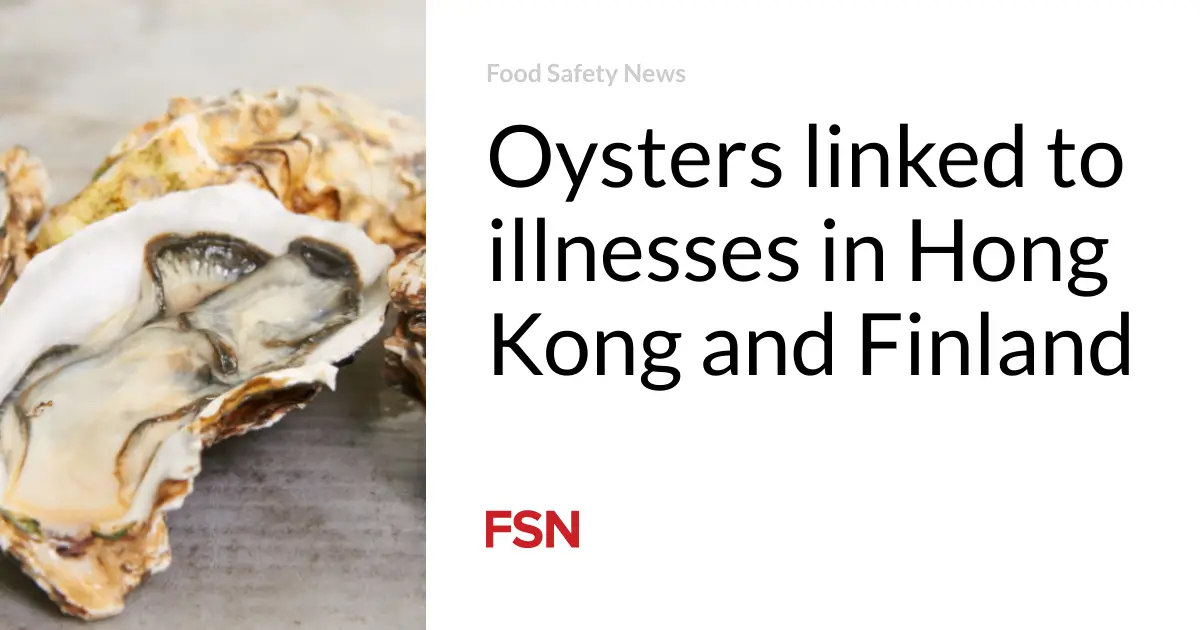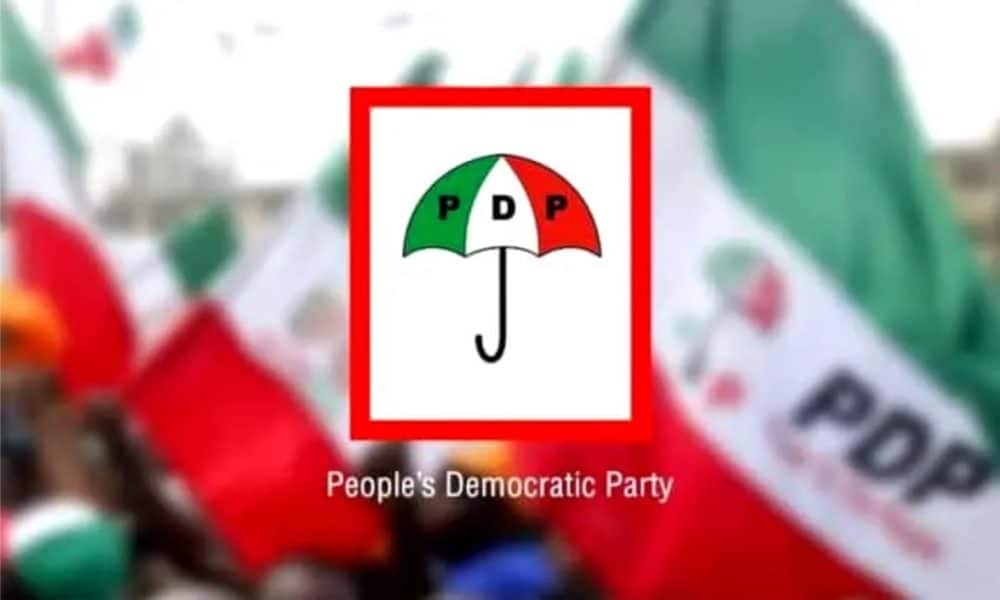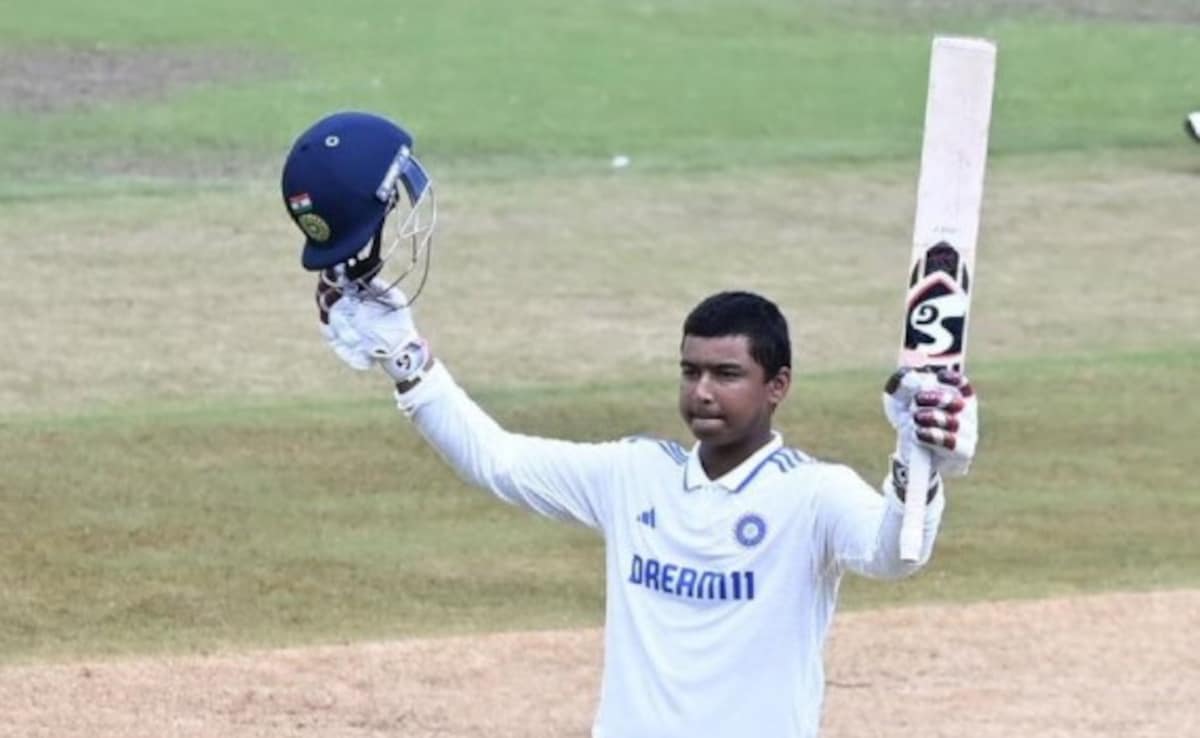
NDP Leader Jagmeet Singh says the online video announcing the termination of his party’s political pact with the Liberal government was recorded “close to a month ago.”
In one of the biggest political moves of the summer, Singh announced in the video released Wednesday that he was ending the confidence-and-supply agreement his party struck with Prime Minister Justin Trudeau in 2022.
In an interview on CBC’s Power & Politics, Singh claimed that Trudeau and the Liberals are “too beholden to corporate interests” and cited that as one of his reasons for killing the deal.
Asked to cite specific occasions when the NDP pushed the Liberal government to take action on corporate greed and failed, Singh pointed to food prices.
“The Liberals’ action was to tell people, and they said this with a straight face, to look at grocery flyers,” Singh told host David Cochrane.
“They then said they were going to go and ask the CEOs nicely to stabilize prices. None of that worked.”
Singh also pointed to the government’s decision to direct last month’s labour dispute between the Teamsters union and Canada’s two largest railways to binding arbitration.
According to Singh’s timeline, however, the social media video announcing the termination of the deal was recorded well before the government announced its decision to pursue binding arbitration.
Singh wouldn’t say precisely when the decision was made to end the agreement. He did insist it was made before Conservative Leader Pierre Poilievre issued public calls to kill the pact.
“I can tell you that we’ve made this decision over lots of reflection and the decision was announced yesterday,” Singh said.
New Democratic Party Leader Jagmeet Singh tells Power & Politics the video announcing the end of his party’s supply-and-confidence agreement with the Liberals was made about a month ago. He added ‘the Liberals are too weak, too beholden to corporate interests to do what’s necessary to make people’s lives better.’
Singh also was pressed to say why the NDP didn’t try to include provisions on food prices as part of a renegotiated confidence-and-supply agreement.
“Well, we’ve got a lot of things done. And I think it’s important to point out we’ve got a significant number of things done that were part of our agreement,” Singh said, pointing to the new dental care program, anti-scab legislation and the Sustainable Jobs Act.
At a news conference earlier in the day in Toronto — his first since making the announcement — Singh was asked when his party might vote non-confidence in the Trudeau government.
“I will look at any vote that comes before us and we will make a decision in the best interest of Canadians, as any minority government normally operates,” he said.
He was also asked, more than once, whether he still has confidence in Trudeau’s government.
“I will be clear again, we have absolutely ripped up the agreement with Justin Trudeau,” he said.
It was a statement he repeated in various forms nearly a dozen times.
A day after ending his party’s confidence and supply pact with the Liberals, NDP Leader Jagmeet Singh referred to ‘ripping up’ the agreement more than a dozen times at a press conference in Toronto.
While Singh’s move doesn’t necessarily mean an election is imminent, it does put the Liberal government in a more precarious situation. Without the NDP’s guaranteed backing, the government could be brought down at any time through a non-confidence vote when Parliament returns later this month.
The government can designate any vote a confidence vote, while any bill related to the government’s budget is usually regarded as a confidence vote. An individual MP can also table a motion of non-confidence at any time to try and topple the government.
The Liberals hold 154 of the 338 seats in Parliament. To secure the confidence of the majority of MPs, Trudeau’s party will have to convince at least one of the major opposition parties to vote their way during high-stake votes.
At Issue this week: NDP Leader Jagmeet Singh says he’s ripped up the agreement supporting the Liberal government. What does the move mean for the prime minister — and could it push up the next election date?
The confidence-and-supply agreement, which was scheduled to run until June 2025, committed the NDP to supporting the minority Liberal government on confidence votes in exchange for legislative commitments on NDP priorities, such as dental care benefits, one-time rental supplements for low-income tenants and a temporary doubling of the GST rebate.
But some of the promises the Liberal government made to the NDP have yet to be fully realized.
Pharmacare legislation hasn’t passed the Senate and a bill to implement Elections Act changes is still before the House. A promised Safe Long-Term Care Act has yet to be tabled.
“We know that makes the election timing more uncertain and frankly more likely,” he said. “We are ready to fight an election whenever it happens.”
Government House leader Karina Gould — who last week said the agreement would last until June — told CBC News Network’s Power & Politics that Singh’s decision was “a big surprise.”
Before a meeting with Quebec members of caucus in the Eastern Townships on Thursday, Trudeau said his government is still focused on delivering on pharmacare.
“Hopefully, the NDP will continue to try and deliver for Canadians. Right now, they’re focused on politics. We’re focused on Canadians,” he said.
Poilievre wants election sooner than later
Poilievre, who has been soaring in the polls for more than a year, has made it clear he wants an election sooner rather than later.
“Canadians need a carbon tax election NOW,” he said in his own social media post Wednesday.
Poilievre called Singh’s announcement a “stunt” Wednesday and criticized him for not saying whether he would vote non-confidence in the government.
In a media release accompanying his announcement, Singh said “the NDP is ready for an election, and voting non-confidence will be on the table with each and every confidence measure.”
- This Sunday, Cross Country Checkup is asking: Should there be a fall election? Are you satisfied with your options for prime minister? Fill out this form and you could appear on the show or have your comment read on air.





